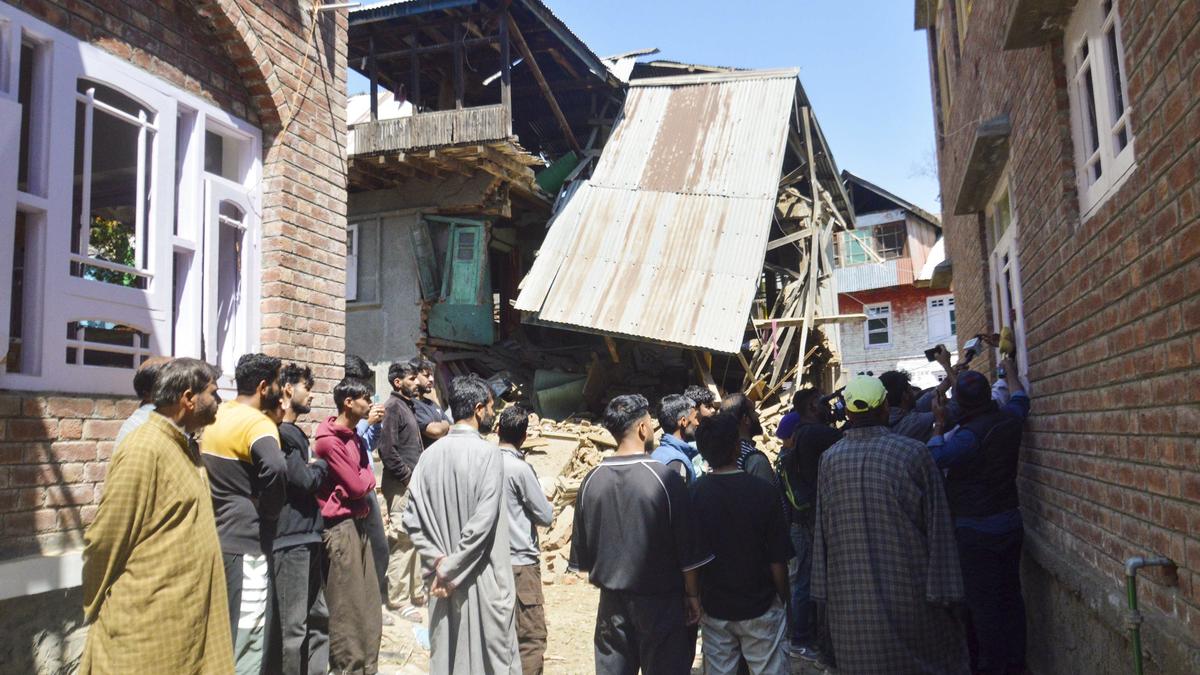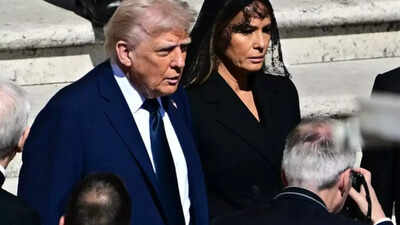
Ahead of the Winter Session of Parliament, Prime Minister Narendra Modi Wednesday requested all parties to make collective efforts to make the session more productive. Referring to India’s G20 presidency, he said: “This G20 Summit isn’t just a diplomatic event, it’s an opportunity to display India’s capability before the world. Such a large country, mother of democracy, such diversity, such capability — it’s an opportunity for the world to know India and for India to show its capability to the world.”
The three-week-long Winter Session of Parliament will begin Wednesday and the first week is expected to be a heated one since the outcome of the municipal corporation elections in Delhi and the Gujarat and Himachal Pradesh Assembly polls will be out on Wednesday and Thursday, respectively.
The Opposition has identified a raft of issues including the alleged misuse of investigation agencies to corner the government which has lined up 16 new Bills for consideration and passage. On the legislative agenda of the government would be 25 Bills – 16 of them new, seven pending ones and two finance Bills.

Further nuancing its position on reservation for economically weaker sections, the Congress leadership on Saturday decided to ask the government to have a “rethink” on the issue in Parliament.
In the Winter Session, which will begin next week, the party will also seek discussions on three issues: the border standoff with China, the economic situation and the government’s “interference” in the functioning of constitutional authorities.
The Congress had initially welcomed the Supreme Court judgement upholding 10 per cent EWS reservation in the general category. It had argued that the 103rd Constitutional Amendment, which provided a 10 per cent EWS quota, was the result of a process initiated by the Manmohan Singh government in 2005-06 with the appointment of the Sinho Commission that submitted its report in July 2010.
A Bill that proposes to allow the Registrar General of India to maintain a database on births and deaths and use that to update the National Population Register (NPR) will likely be introduced in the Winter Session of Parliament.
The draft of the Bill — which will amend the Registration of Birth and Deaths (RBD) Act, 1969 — was shared by the Ministry of Home Affairs in October last year for public comments and suggestions.
According to the proposed Bill, the data will also be used for updating electoral rolls, the Aadhar database, ration cards, passports and driving licenses.

Parliament is the most important symbol of Indian democracy. It is through summoning the House and calling MPs to participate in legislative and other business through discussion, debates, committee dispensations, and other mechanisms that Parliament enables the citizens of the country, through their representatives, to participate in decision-making and hold the government to account.
Standing Committees are a microcosm of Parliament. They were conceived to scrutinise the technical details of bills referred to them, leaving the House to look at broader policy matters. Unfortunately, far fewer bills are now being referred to committees. In the first term of this government (2014-19), about 27 per cent of bills were referred to committees. During the 17th Lok Sabha, as per the data available on the Lok Sabha website, less than 10 per cent have been referred to committees, compared to 71 per cent under the UPA-II government in the 15th Lok Sabha.
With the under-construction Parliament building missing the government’s November deadline, officials say they are attempting to complete the project by the end of December.
The building, which has been under construction since January 2021, has seen its completion target pushed multiple times — from August 15 to October to November.
Officials from Union Housing and Urban Affairs Ministry and Central Public Works Department said efforts are on to complete the work by the end of December so the building can be handed over to security agencies ahead of the Budget session in January-February. The work at the site adjacent to the existing Parliament House continues even as preparations for the Winter Session of Parliament are on.
During the all-party meeting on Tuesday, members of opposition parties detailed around 16 issues for raising during the session. These include national security and China border “incursions”, recent cyber attack on AIIMS, “uncontrolled” inflation and price rise of essential commodities, persisting high level of unemployment, failure to provide legal sanctity to minimum support price (MSP), and a rethink on the EWS reservation after the Supreme Court verdict. The recent conflict between the judiciary and the government, the falling rupee and declining GDP growth, alleged voter “theft” in Karnataka, continuing attacks on Kashmiri Pandits in Jammu and Kashmir are also likely to be sticking points between the opposition and the government.
The results of the assembly elections in Gujarat and Himachal Pradesh are also likely to play out during the start of the session. Ahead of the session, leaders from more than 30 parties attended a meeting convened by the central government to discuss the legislative agenda and the issues likely to be taken up during the session. The meeting, chaired by Defence Minister and deputy leader of Lok Sabha Rajnath Singh, was to seek cooperation from all parties for the smooth functioning of Parliament.
The Opposition has identified a raft of issues including the alleged misuse of investigation agencies to corner the government which has lined up 16 new Bills for consideration and passage. On the legislative agenda of the government would be 25 Bills – 16 of them new, seven pending ones and two finance Bills. The session will have 17 sittings over 23 days before it concludes on December 29.









![Best Weight Loss Supplements [2022-23] New Reports!](https://technologytangle.com/wp-content/uploads/2022/12/p1-1170962-1670840878.png)




